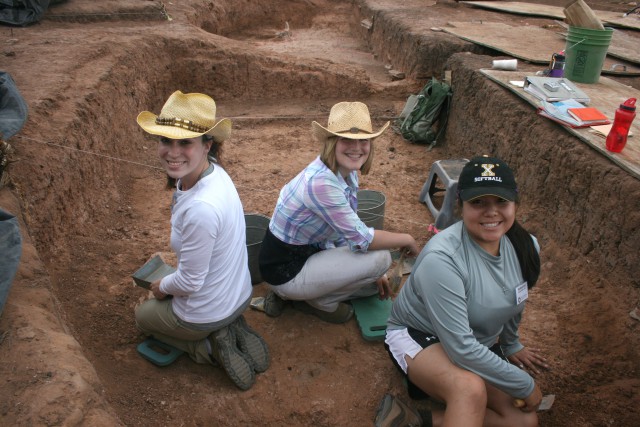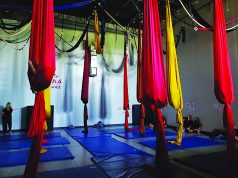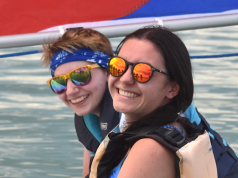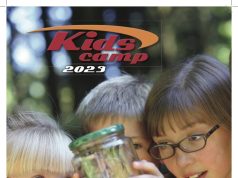
Whether it’s about living on a college campus or backpacking along the rim of the Grand Canyon, teen-focused camps aim to aid in preparation for life after high school — both in terms of academic preparation and a sense of independence that will be key as those young adults leave home.
This summer, the University of Colorado Boulder’s Science Discovery will be offering workshops for high school students, which make use of CU equipment and resources and include university students to provide hands-on learning experiences for K-12 students and educators.
“We really wanted to build on what we had with our other programs, to provide a platform for kids to branch out,” says Stacey Forsyth, director of Science Discovery, which was founded in 1983.
Students participating in the workshops will have the chance to work in CU labs, interact with CU scientists and explore career paths like forensic science, broadcast journalism and environmental engineering.
“It provides them with a nice experience to get on the CU campus, and to get a feel for what the campus is like and the level of research happening here at CU,” Forsyth says. “We want to continue to get them excited about the range of fields that are out there and the huge variety of careers that are available to them.”
Most students don’t currently get credit for the workshops; however, Science Discovery has partnered with Boulder Valley School District on a science research course for high schoolers.
Held at a CU science research center, the course enables high school students to pursue independent scientific research and to develop contacts on the CU campus, according to Forsyth.
Science Discovery also partners with Summer Study, a national organization that offers summer programs for students at Penn State University.
Summer Study hosts a five-week-long enrichment program on the Boulder campus, where high school students can earn college credit. Students live in the dorms and take college level courses taught by CU faculty.
“The point of the program is to teach students how to go with the beat and pulse of an up and running university, so that when they go away to college, they can handle it,” says David Wolk, director of personnel and staffing for Summer Study.
But for students who can’t stomach the idea of spending summer on a campus, places like Crow Canyon and Cottonwood Gulch offer a different approach to independent learning.
Crow Canyon, an archaeological center in Cortez, Colo., offers summer programs for high schoolers who are interested in learning more about archaeology and the Pueblo Indians of the Mesa Verde region. Students excavate beside professional archaeologists, analyze artifacts and record data in the field and in labs. Students who complete the three-week field school program can usually get high school credit, according to Bronwyn Strickland, enrollment manager for Crow Canyon.
“Just being out there and living where these people were, we are trying to incorporate the full picture [for students] to understand why [Pueblo Indians] were here and why they stayed,” Strickland says.
For Cottonwood Gulch, “camp” is a four-letter word; they host summer “expeditions.” Their Mountain Desert Trek, specifically for ages 16-19, is a sixweek-long backpacking trip spent along the North Rim of the Grand Canyon, working on a Navajo Farm, summiting a Colorado 14er, and planting trees and collecting data to help restore a wetland in the Santa Fe National Forest.
“It’s not just backpacking or a campy camp where you’re staying in dorms and building mobiles in the craft shop,” says Jordan Stone, Cottonwood Gulch camp director. “It’s a real life exploration, and it’s challenging. But what’s important is that we create this adventurous spirit, which lasts a lifetime.”
Cottonwood Gulch also hosts a paleontology trek where students can excavate real dinosaur bones in New Mexico. Students who complete this trek are able to get college credit with Mesa Lands Community College.
From living on a college campus and working in research labs to being out in the field and leading expeditions, these camps all offer teens the chance to gain self-awareness and promote independence.
“We start off with a lot of guidance and education,” Stone says. “But we slowly back away, and by the end, they are running the whole show themselves.”














